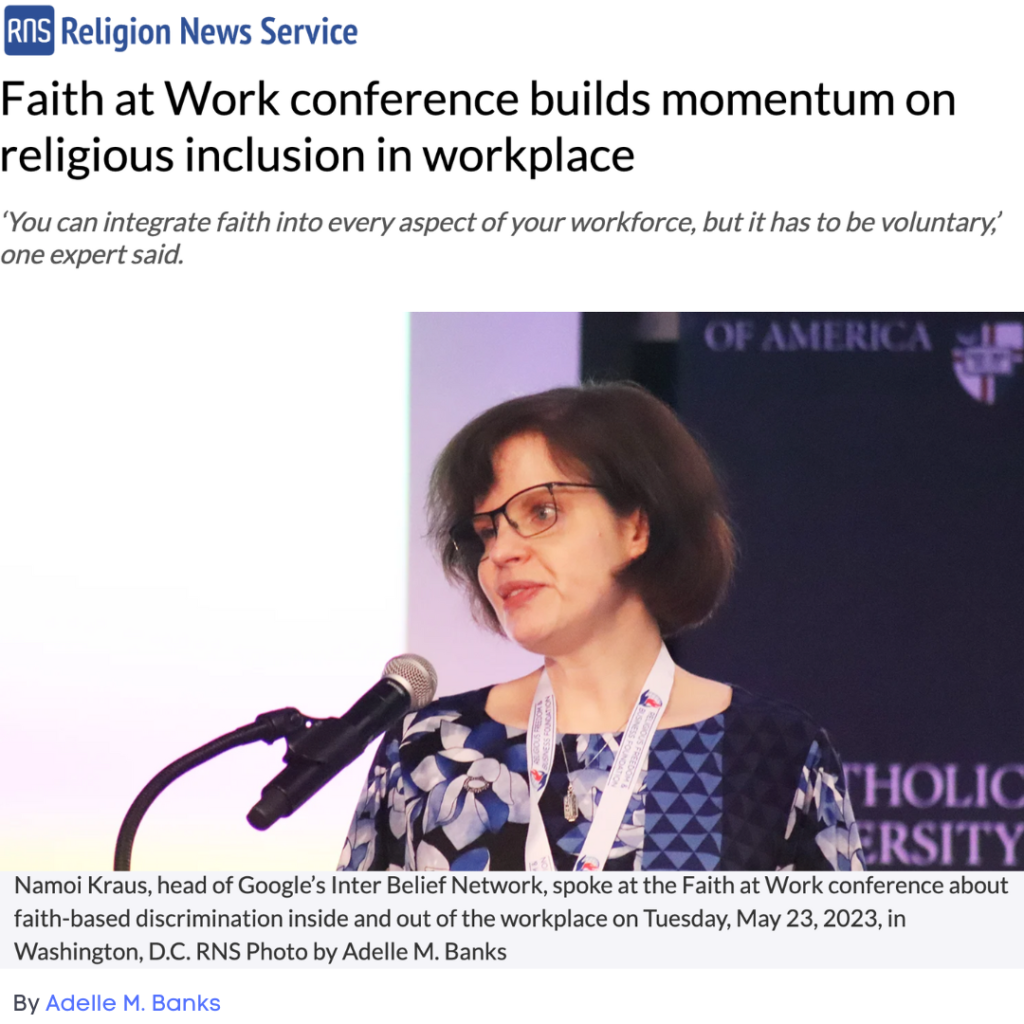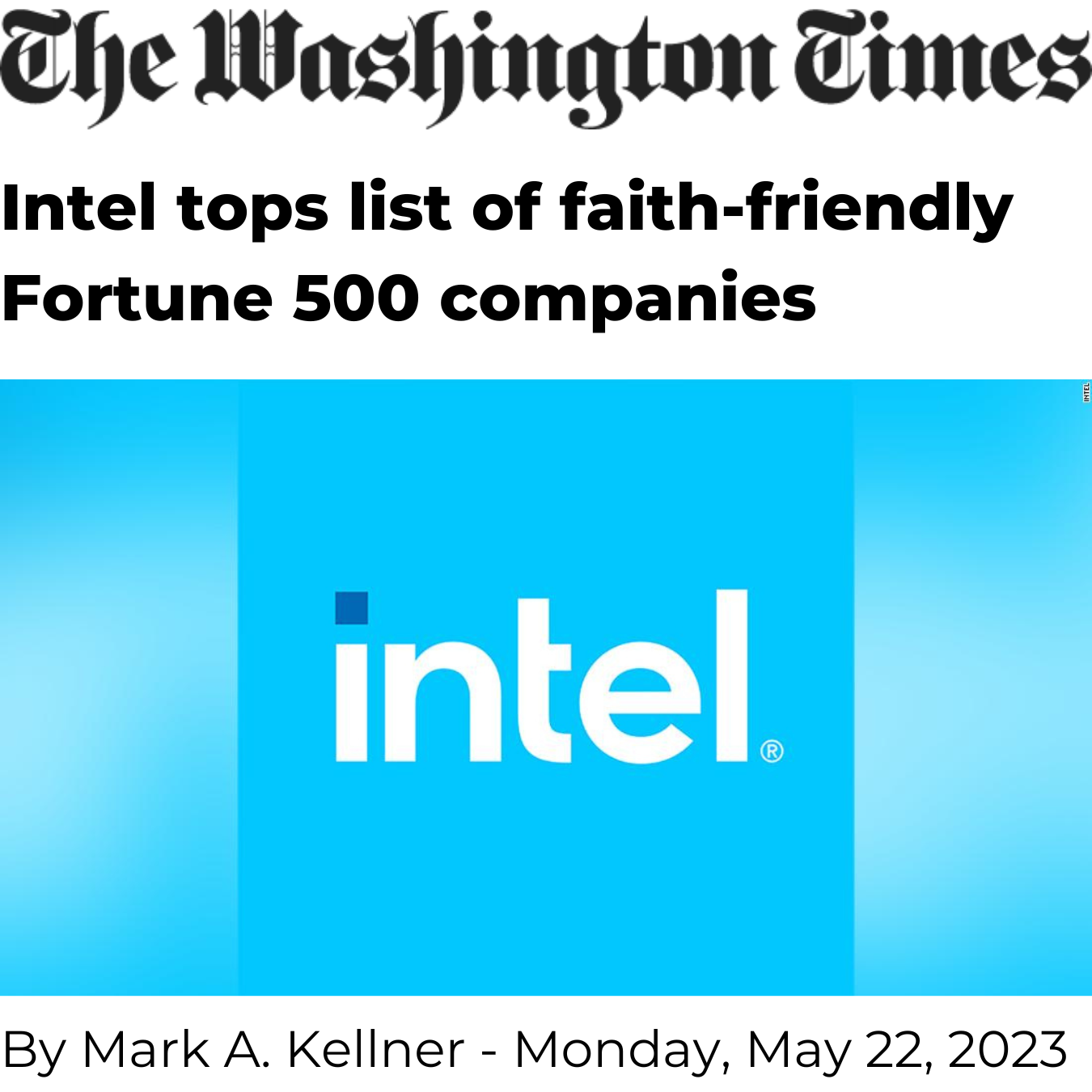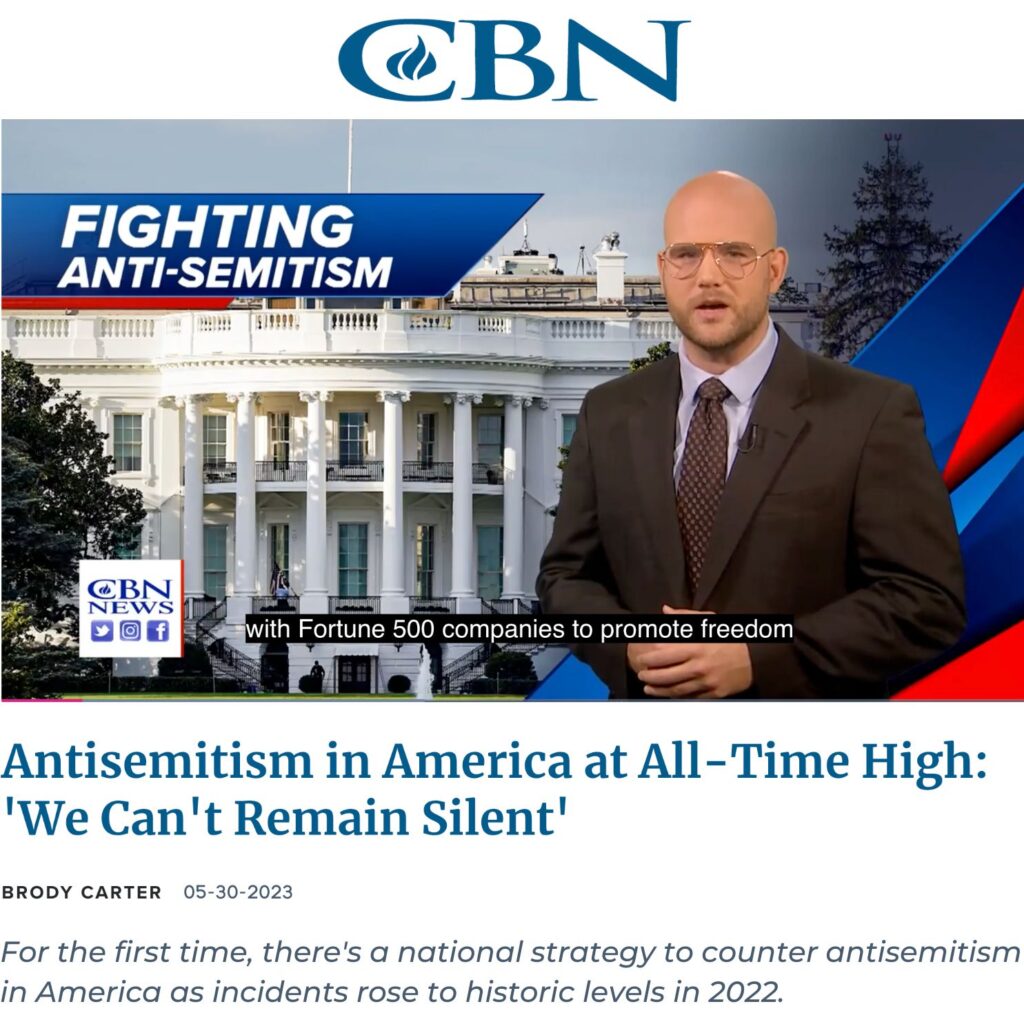 By Brian Grim
By Brian Grim
My dad, Carlton L. Grim, 90, passed away Wednesday, May 03, 2023, at the home he built in Red Lion, Pennsylvania. My mom, Estola Grim, his bride of 68 years, my brother and I were with him in his last moments before he went to eternal glory.
A Celebration of Life Service at St. Paul’s United Methodist Church in Red Lion will be held on Saturday, May 13, where all of his 5 grandchildren and many of the 16 great grandchildren will gather. He’ll be laid to rest at Susquehanna Memorial Gardens with Military Honors, having served in Korea during the war.
Dad was a GI based in Cheorwon 철원군 during the war. In fact, I exist because of the war – dad met my mom when he was stationed in Augusta, Georgia, for training before he deployed to the front. He would sometimes go to a Korean church near his base on Cheorwon. In later years, he looked back on those days with pride in helping South Korea maintain independence and freedom, including religious freedom.
Of course, Christianity was strongest in North Korea before the war. So, there is a sort of unnatural religious situation today that I believe will be corrected when peace comes. Indeed, Christianity is even part of the ruling Kim family’s background. So, we have a prayer for hope.

Those early memories of him sharing about the war, and later learning how religion was forced out of the north as the communists took over, impacted me deeply. It inspired my own work that has taken me back to Korea, the People’s Republic of China, and many other places where religious freedom is under duress.
He spent his entire working career at Dentsply International, the world’s largest manufacturer of professional dental products and technologies. He retired as the Director of Operations for Dentsply’s Preventative Care Division, and his work resulted in numerous new and innovative products and involved regular overseas trips to coordinate engineering across divisions of the global company. Growing up with him traveling the world left a mark, indeed.
Faith was the motivator of his life, and even though he retired long before the current faith@work movement, I saw him day after day seek to live his work life as a life of service to God and others.
During the past several months in home hospice care, he helped plan for his funeral. I went with him and my mom to design his grave marker, and the verse he wanted inscribed attests to how his saw the labor of his career as a calling and not just a job:
“I know that there is nothing better for mankind than to be happy and to do good while they live. That everyone may eat and drink, and find satisfaction in all their toil — this is the gift of God” (Ecclesiastes 3:12-13).
There’s a line in my dad’s obituary that hints at the tremendous support he was for the work I do and have done for the past 40+ years:
In the late 1980s and early 1990s, he served as President of the Central Asian Foundation, which worked for religious freedom in the Soviet Union.
The Central Asian Foundation (CAF) was established to facilitate the work I was doing in Soviet Central Asia to “build” religious freedom, a concept I described recently in The bridge builder: How religious engagement increases freedoms around the world.
I served as CAF’s vice president, and the impact of that work is described in the article Perestroika ‘Kazakh-style’.
But the story of my dad’s support for my calling was that his home was always our home as my wife, our four kids and I spent 20 years coming and going from living not only in Soviet Central Asia and China, but also Saudi Arabia, Malta, Hong Kong, the UAE, Kazakhstan, and Germany.
When my dad retired some 20 years ago, I wrote a poem that captured the faithful and principled life he lived, which he has passed down father to son, to grandsons, and to great grandsons.
- Scout of Scouts
- In Memoriam, Carlton L. Grim, 1933-2023
- – – –
- Within our times there lived a law
- that guided boys as they grew tall;
- it had twelve points—twelve ways to live,
- twelve ways to serve, twelve ways to give.
- –
- To those who took that oath when young
- and passed it down through son to son,
- let’s pledge anew to live that way,
- even in, yes, these PC days.
- –
- This honors one who lived them out:
- Dad—Great Grandpa now—a Scout of Scouts.
- Let’s say them now, without a tear,
- and let these laws extend their years …
- –
- A Scout is: Trustworthy, Loyal, Helpful,
- Friendly, Courteous, Kind,
- Obedient, Cheerful, Thrifty,
- Brave, Clean, and Reverent.
“There remains, then, a Sabbath-rest for the people of God; for anyone who enters God’s rest also rests from their works, just as God did from his” (Hebrews 4:9-10). Rest in peace, Dad.
Obituary
Carlton L. Grim, 90, passed away Wednesday, May 03, 2023 at his residence in York Township. He was the husband of Estola M. (Leaptrotte) Grim to whom he was married for 68 years.
A Celebration of Life Service will be 11AM, Saturday, May 13, 2023 at St. Paul’s United Methodist Church, 45 First Ave, Red Lion. Officiating the service will be the Rev. Christopher Nauta and Chaplain Mary Kay Alpaugh. A viewing will be held from 10:00-11:00AM, Saturday, at the church. Burial will be held in Susquehanna Memorial Gardens with Military Honors provided by the York County Veterans Honor Guard.
Born January 27, 1933, in Springvale, he was the son of the late Quedar C. and E. Pauline (Barshinger) Grim. He served his country in the United States Army and was a Veteran of the Korean War, serving in the Army Security Agency, a precursor to the NSA. Carlton also was known to his schoolmates as Quedar based boys at the time going by their father’s names. One of his grandsons and a great grandson have Quedar as middle names.
He was employed for 44 years until his retirement in 1995 as an Engineer with Dentsply International, the world’s largest manufacturer of professional dental products and technologies. He retired as the Director of Operations for Dentsply’s Preventative Care Division. His work resulted in numerous new and innovative products and involved regular overseas trips to coordinate engineering across divisions of the global company.
An avid golfer, he also loved traveling, visiting 49 of the 50 states as well as China, Germany, Italy, Malta, France, Switzerland, England, Japan, Canada, Brazil and Puerto Rico. In the late 1980s and early 1990s, he served as President of the Central Asian Foundation, which worked for religious freedom in the Soviet Union.
Carlton graduated from Dallastown High School in 1950, where he was a star athlete. He attended York Junior College, where he played baseball, and he graduated from Penn State University-York with a degree in Machine and Tool Design. With one of his schoolmates, he also cofounded the Eagle Woodcraft Co., hand manufacturing Benjamin Franklin 4-hour clocks and steeple chime clocks.
He was a member of St. Paul’s United Methodist Church—Red Lion and took pleasure in maintaining his home. For many years he taught Sunday School, led the church education building committee at St. Paul’s Chapel Church, and served as a Stephens Minister and Boy Scout leader. His favorite Bible verses were Ecclesiastes 3:12-15 – “I know that there is nothing better for mankind than to be happy and to do good while they live. That everyone may eat and drink, and find satisfaction in all their toil — this is the gift of God.”
In addition to his wife, Carlton is also survived by two sons, Dr. Brian Grim and his wife, Julia Beth of Annapolis, Maryland and Keith Grim of Dallastown; five grandchildren, Melissa Grim, J.D., Joel Grim, Ph.D., Andrew Grim, M.D., Abigail Talavera, R.N., and Nicole Grim; sixteen great grandchildren and his cousin, Charlene Bonekemper. He was preceded in death by his cousin, Palmer Grim.
In lieu of flowers, memorial contributions may be made to Amedisys Hospice of York, 984 Loucks Rd, Suite I, York, Pa 17404 or St. Paul’s United Methodist Church, 45 First Ave, Red Lion, Pa 17356.
Send Condolences at HeffnerCare.com.



























